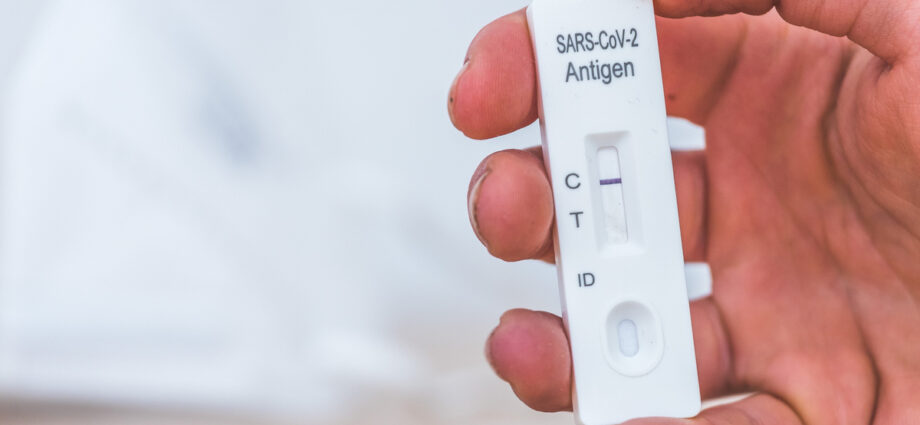Similar to other vaccines, the level of protection of the COVID-19 vaccine may also begin to reduce over time. The third vaccine or the booster shot will help extend the protection acquired from the first two doses.
According to the National Health Service (NHS), individuals who have had their second dose at least six months ago can avail themselves of the booster vaccine doses. Those who can get the third vaccine are people over 50, living or working in care homes, front-line health and social care workers, pregnant, and other eligible groups.
Qualifying individuals have three options to get the Covid booster vaccine. First, they can book an appointment online at a vaccination centre or pharmacy. Secondly, they can choose a walk-in to a vaccination site without needing an appointment. The third option is to wait to be contacted by a local NHS service and book an appointment with them.
Recalled that to qualify under the fully vaccinated rules for travel, the person must have had both doses of the approved Moderna, Pfizer BioNTech, Oxford AstraZeneca vaccines. There are still no updates to these rules requiring the third vaccine. So those who have not yet been vaccinated with the booster shot can still travel with a fully vaccinated status.
However, some research shows that although the two vaccine doses are effective against the Delta variant, that protection wanes over time. A study by the University of Oxford, in particular, revealed that Pfizer and BioNTech were 92% effective at preventing a high virus concentration in the test samples. But 30, 60, and 90 days after the second dose, the vaccine’s effectiveness falls to 90%, 85%, and 78%, respectively.
Therefore, the population should still be cautious, especially when traveling, to keep the cases from resurging. Some countries and territories are already opening their borders again for international travel, requiring fit to fly COVID test. Although a few no longer need it, the traveler can voluntarily take a rapid antigen test for travel for precautionary measures. Upon their return to the UK, fully vaccinated individuals must do either a rapid antigen test or a PCR test.
Read everything you need to know about the booster shot in an infographic by Harley Medic International.

